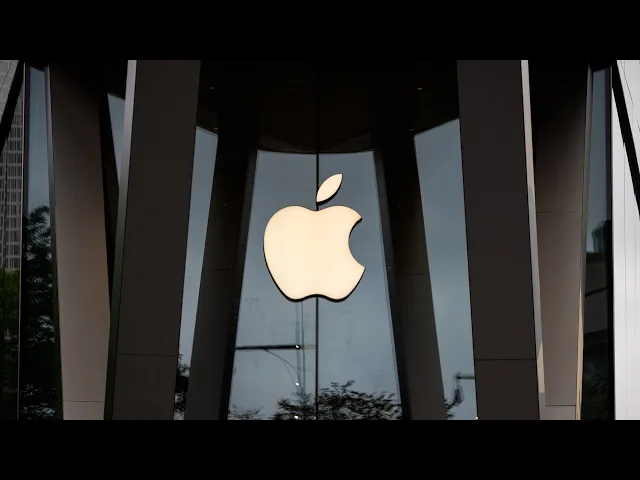Apple’s AI Model Executive Shifts to Meta

Top tech talent exodus hits Apple's AI team
Apple's loss is Meta's gain this week as John Giannandrea's top lieutenant, Ruoming Pang, makes a surprising departure from Cupertino to join Mark Zuckerberg's AI ambitions. The move comes at a critical moment when Apple is attempting to catch up in the artificial intelligence race while Meta aggressively positions itself as an AI-first company. This leadership shuffle could signal deeper challenges in Apple's AI strategy just as the company prepares to unveil its Intelligence features later this fall.
The impact runs deeper than a single executive
- Strategic timing raises questions – Pang's departure happens mere months before Apple's major AI launch, suggesting potential internal friction about the company's approach or execution timeline
- Talent mobility reflects company culture – The ease with which Meta continues attracting key AI experts highlights its reputation as a more innovation-friendly environment for cutting-edge research
- Technical leadership matters enormously – As head of Apple's foundation models group, Pang possessed critical knowledge about Apple's core AI architecture that will now benefit a direct competitor
- Market perceptions shape competitive advantage – Wall Street and Silicon Valley's perception of Apple as an AI laggard becomes reinforced when high-profile AI leaders choose to work elsewhere
The most revealing aspect of this executive move isn't the departure itself but what it suggests about Apple's internal AI development environment. Despite its massive resources and engineering talent, Apple has struggled to create the same sense of AI momentum that Meta, Google, and Microsoft have generated over the past two years. While Apple has historically succeeded by perfecting technologies rather than pioneering them, the AI race may be moving too quickly for this approach to work effectively.
Silicon Valley talent movements often reveal deeper truths than official company statements. When senior technical leaders vote with their feet, it's worth paying attention. Meta's AI strategy under Zuckerberg has been remarkably consistent – build massive models, open-source significant components, and integrate AI capabilities across all products. This clarity of purpose creates a magnetic environment for ambitious AI leaders looking to make their mark.
In contrast, Apple's AI efforts have faced several structural challenges that go beyond any individual executive. The company's laudable focus on privacy has constrained its data collection capabilities, while its decentralized AI teams spread across different product
Recent Videos
How To Earn MONEY With Images (No Bullsh*t)
Smart earnings from your image collection In today's digital economy, passive income streams have become increasingly accessible to creators with various skill sets. A recent YouTube video cuts through the hype to explore legitimate ways photographers, designers, and even casual smartphone users can monetize their image collections. The strategies outlined don't rely on unrealistic promises or complicated schemes—instead, they focus on established marketplaces with proven revenue potential for image creators. Key Points Stock photography platforms like Shutterstock, Adobe Stock, and Getty Images remain viable income sources when you understand their specific requirements and optimize your submissions accordingly. Specialized marketplaces focusing...
Oct 3, 2025New SHAPE SHIFTING AI Robot Is Freaking People Out
Liquid robots will change everything In the quiet labs of Carnegie Mellon University, scientists have created something that feels plucked from science fiction—a magnetic slime robot that can transform between liquid and solid states, slipping through tight spaces before reassembling on the other side. This technology, showcased in a recent YouTube video, represents a significant leap beyond traditional robotics into a realm where machines mimic not just animal movements, but their fundamental physical properties. While the internet might be buzzing with dystopian concerns about "shape-shifting terminators," the reality offers far more promising applications that could revolutionize medicine, rescue operations, and...
Oct 3, 2025How To Do Homeless AI Tiktok Trend (Tiktok Homeless AI Tutorial)
AI homeless trend raises ethical concerns In an era where social media trends evolve faster than we can comprehend them, TikTok's "homeless AI" trend has sparked both creative engagement and serious ethical questions. The trend, which involves using AI to transform ordinary photos into images depicting homelessness, has rapidly gained traction across the platform, with creators eagerly jumping on board to showcase their digital transformations. While the technical process is relatively straightforward, the implications of digitally "becoming homeless" for entertainment deserve careful consideration. The video tutorial provides a step-by-step guide on creating these AI-generated images, explaining how users can transform...
